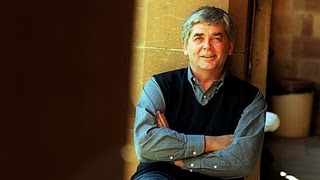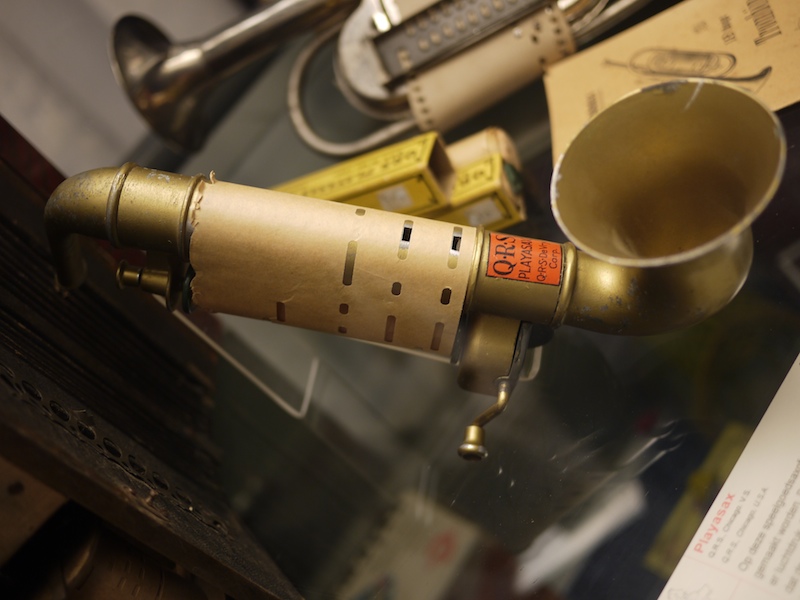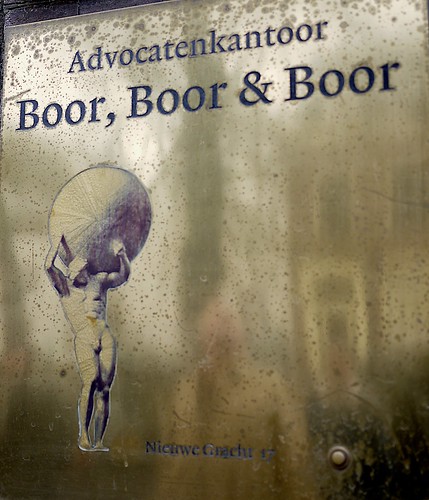Further to my post about Obama’s Tucson speech…
During the 2008 presidential campaign, Gary Wills wrote a piece in the New York Review of Books in which he compared Barack Obama’s Philadelphia speech on race with Abraham Lincoln’s Cooper Union address during his own 1860 campaign. Wills noted that both men had had to separate themselves from embarrassing associations—Lincoln from John Brown’s violent abolitionism, and Obama from Jeremiah Wright’s black nationalism. They had to do this without engaging in divisive attacks or counter-attacks. They did it, Wills argued, “by appeal to the finest traditions of the nation, with hope for the future of those traditions. Obama renounced black nationalism without giving up black pride, which he said was in the great American tradition of self-reliance”.
On the NYRB blog Wills says:
The New York Review wanted to publish a booklet printing the Lincoln and Obama speeches together, but the Obama campaign discouraged that idea, perhaps to avoid any suspicion that they were calling Obama a second Lincoln. Well, I am willing to risk such opposition now, when I say that his Tucson speech bears comparison with two Lincoln speeches even greater than the Cooper Union address. In this case, Obama had to rise above the acrimonious debate about what caused the gunman in Tucson to kill and injure so many people. He side-stepped that issue by celebrating the fallen and the wounded and those who rushed to their assistance. He has been criticized by some for holding a “pep rally” rather than a mourning service. But he was speaking to those who knew and loved and had rallied around the people attacked. He was praising them and those who assisted them, and the cheers were deserved. He said that the proper tribute to them was to live up to their own high expectations of our nation. It was in that context, and not one of recrimination, that he called for civility, service—and, yes, heroism—in the country.




